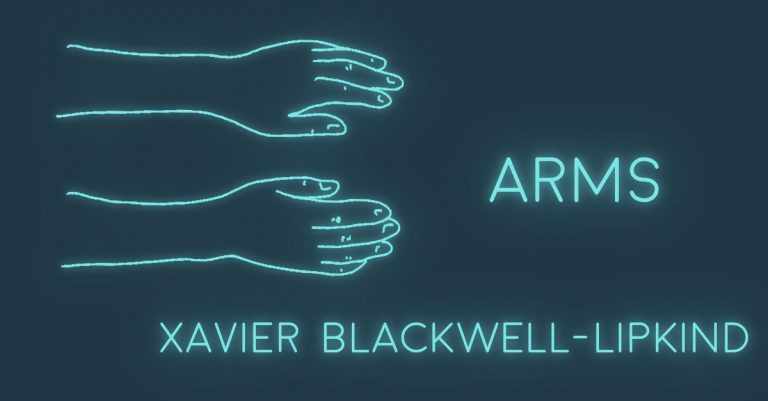
ARMS by Xavier Blackwell-Lipkind
Pink light oozes in; just like that, it’s day, and I sigh because nothing bad can happen during the day. It’s a rule, and we don’t break rules.

Pink light oozes in; just like that, it’s day, and I sigh because nothing bad can happen during the day. It’s a rule, and we don’t break rules.
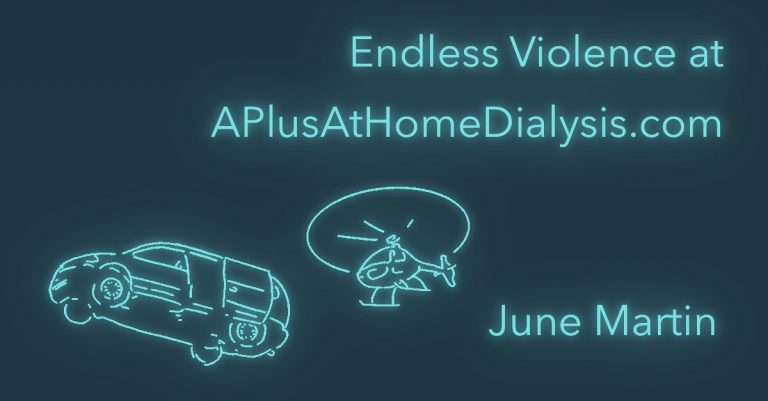
Sunlight glimmered off the van’s undercarriage, rays of white and blue and golden light mingling in beams and flares captured by the helicopter’s dazed camera. The police took potshots at the minivan as it soared past them.
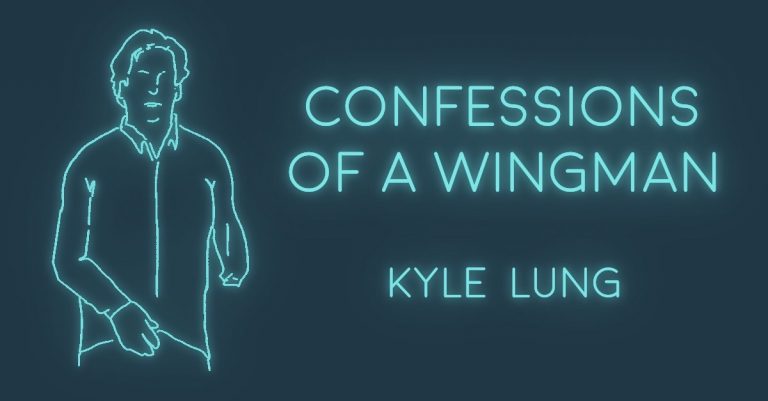
Well first they sent chimps into space. Then men. And now they say humans will not walk on mars. I’ve heard they’re saving that for robots.
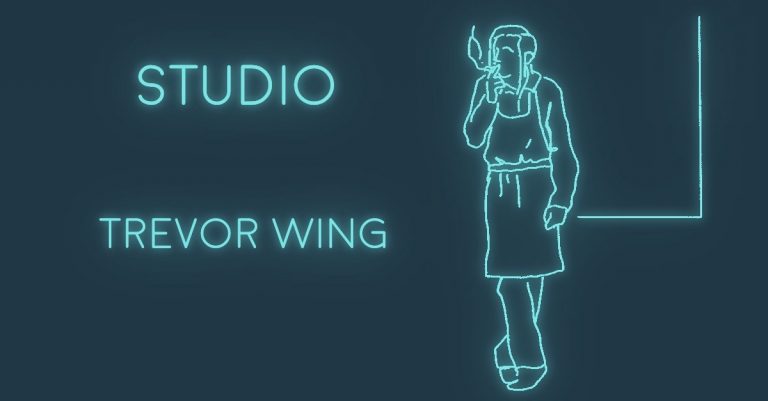
We signed a 72 and ¾ month lease for our studio. The market is tough in San Diego.

Like some unmarried and childless women, she is aloof, arrogant, and easily annoyed. But this takes nothing away from her great charitable contributions.
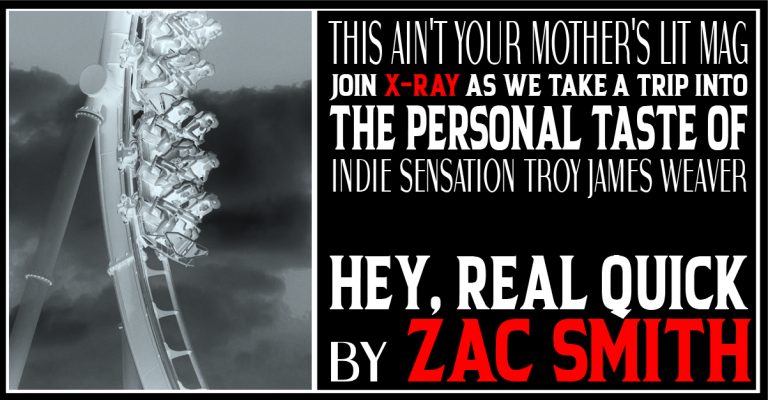
I realized that I could basically live at the Six Flags Great Adventure amusement park in Jackson Township, New Jersey, if I wanted to… So that became the plan… I got there just before nine in the morning… Bought a season pass… The guy at the ticket booth said the season pass meant I could basically come and go as I pleased for the season, which, you know, was several months… So, obviously, yes… Ahh… As I pleased… And I wholly intended to be pleased… Pleased and amused… A whole park dedicated to being amused… Just as I pleased… A

We liked tabs. Gas masks. We liked getting faced and night surfing with the parked Bronco’s glowing eyes as our landmark when we were out in the lineup.

The rabid snails were completely gone. We would get our deposit back. Probably.
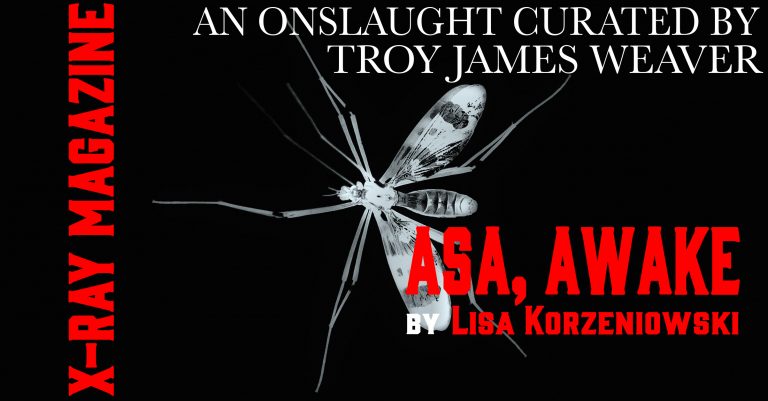
Asa is asleep in the sun, arms track-marked and mosquito-bitten, crossed over his chest, his mouth open with a mid-sentence look, teeth, gone or brown, chin stubble flecked with leaf bits. We lean down, listen for breath. He whispers something that sounds like help, and then, he opens his eyes. “Hello,” he says, adding extra o’s. “A porch is no place to sleep,” our mother says. Asa tells her to make like a tree and leave. “Damn drugs,” she says, followed by “my son” and “junkie.” Asa smiles when she leaves, spits over the porch railing as she backs out
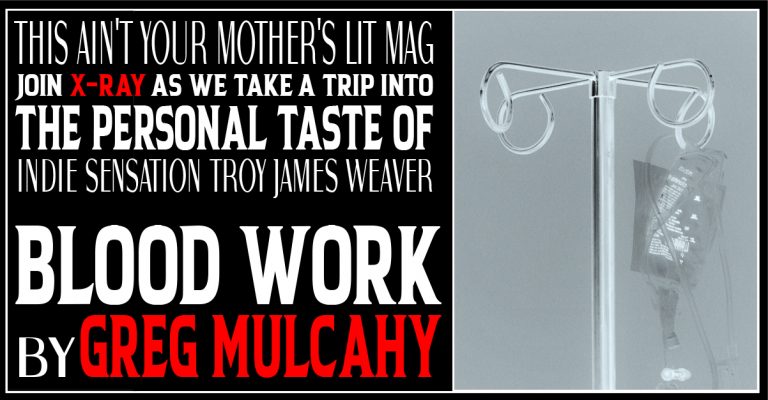
Some things, Bass knew, were better not said, even if at one time everyone was saying them
